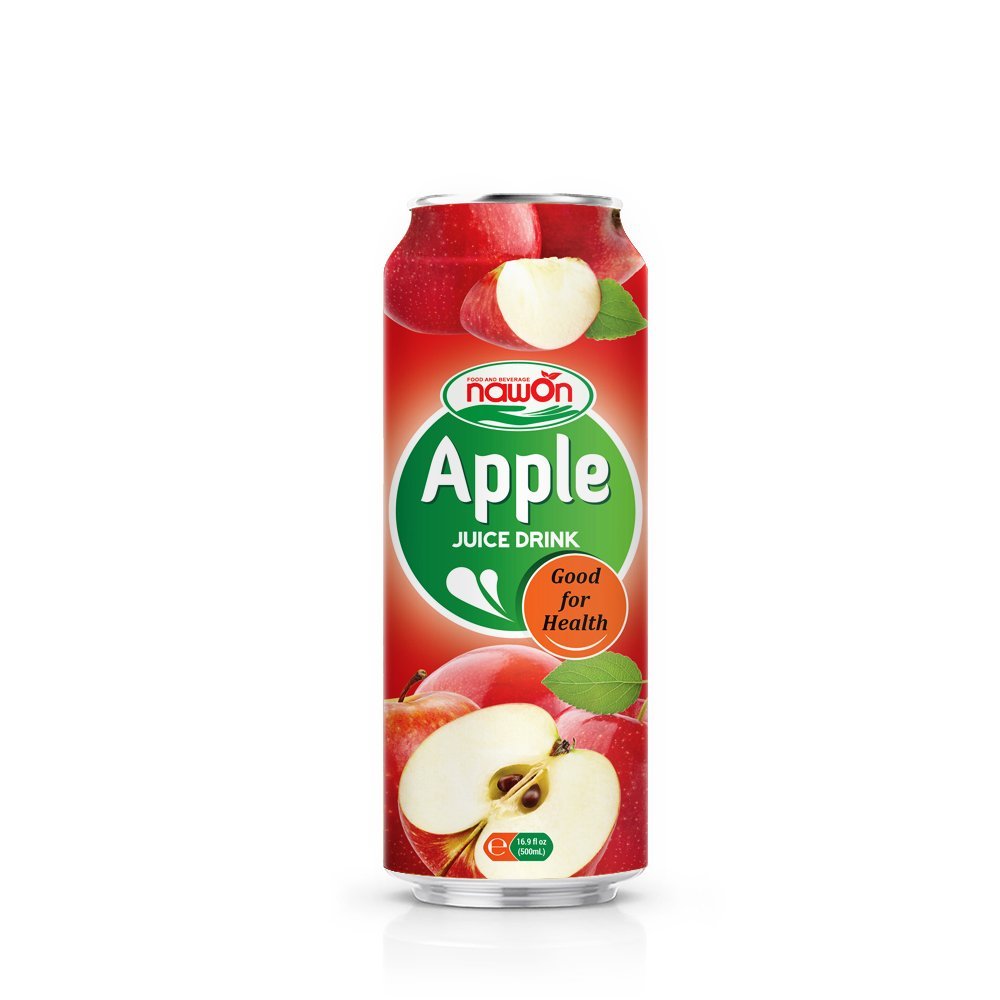

The Apple & Eve president charged that the sample analyzed by Geochron was not representative. Crane suggested that the discrepancy may have occurred because his juice comes from two different processors. But he also said that all of his laboratory's tests of Apple & Eve samples during the last five or six months have indicated that no sugars were added, with the exception of the sample submitted by The Times. Harold Krueger, president of Geochron Laboratories, said yesterday that past tests on other samples of Apple & Eve products have indicated that sugars had been added. When re‐analyzed yesterday, the sample indicated a 13 percent level of the same sugars. Durina° last week's blind test, Geochron said the results indicated that 14 percent of the sugars in the sample were derived from cane or corn. When informed of the test results, Gordon Crane, Apple & Eve's president, requested that his product's sample be re‐analyzed by Geochron Laboratories. Those samples determined to contain added cane sugar or corn sugar were A.&P.

Two other popular brands, Red Cheek and Mott's, were not included in last week's tests, but were found to be 100 percent apple juice in previous tests conducted by Foodworks. In the tests, the single brand judged to be 100 percent apple juice was ‘Beech‐Nut, sold in the baby foods section of supermarkets. None of the 13 was labeled as pasteurized. Virtually all bottled juice is also pasteurized this involves heating the juice to 170 to 200 degrees Fahrenheit to kill the micro‐organisms that cause fermentation and hasten spoilage. Five of the 13 brands were labeled as prepared from concentrate. For are not required to label their products as being prepared from concentrate or as pasteurized. Labeling presents a special problem for consumers. The agency notes that adding sugar or other ingredients to apple juice is not in itself illegal as long as the label is accurate. The Food and Drug Administration says it is aware of questions relating to the purity of apple juice, but has determined that no public health issue is involved. They did say that any sample found to consist of 85 percent juice could conceivably be pure juice. Chemists at one laboratory said they were uncertain of the juice content of one brand. The laboratories noted that the tests were not totally conclusive in all cases. QEleven of the 13 brands tested were found to contain from 65 to 90 percent apple juice and some were believed by the testers to have been diluted with water and sweeteners. Currently, there is no adequate test to determine whether beet sugar has been added to apple juice. One label read “No sugar water and apple concentrate.” The other stated “100% pure woodpressed apple juice unfiltered, no preservatives no sugar added.” Chemists conducting the tests reported that several samples could have contained added beet sugar as well. QTwo of the brands tested were found to contain added cane sugar or corn sugar. QOnly one of the 13 samples tested was found to consist of 100 percent apple juice. of Flushing, Queens, and Geochron Laboratories of Cambridge, Mass., produced some surprising results: Scientific tests conducted last week for The New York Times by Foodworks Inc. After orange juice, it is the second most popular fruit drink and is widely regarded as healthful, fresh, pure and unadulterated. APPLE juice is one of the nation's favorite beverages.


 0 kommentar(er)
0 kommentar(er)
